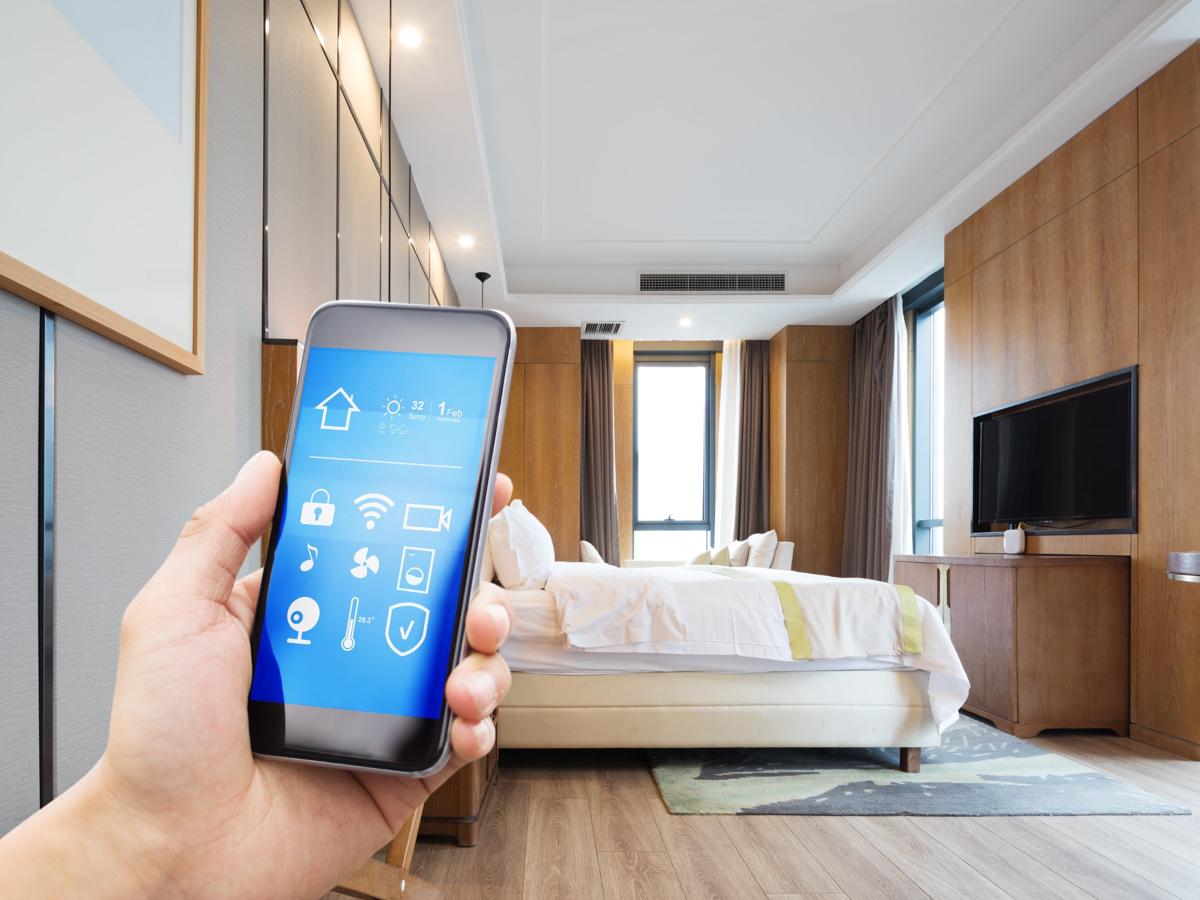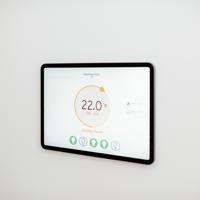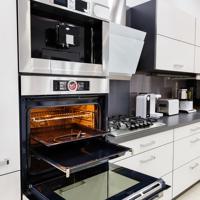In an era where technology intertwines with everyday living, smart locks emerge as a fascinating addition to modern homes. These innovative devices replace traditional locks and offer a new level of convenience and security. As part of our dedication to exploring technology’s role in smart living, we delve into what makes one smart lock vary from another, guiding you towards a choice aligned with your home security needs.
What Defines a Smart Lock?
Smart locks are electronic locks that can be controlled remotely via a smartphone app, voice commands, or other digital means. They are designed to enhance convenience while providing secure keyless entry to your home. Many models allow you to monitor access logs, grant temporary entry permissions, and integrate with other smart home devices.
Types of Smart Locks
The market presents several smart lock variations, typically categorized by their control mechanisms and installation requirements. Here are a couple of prevalent types:
- Keypad and Touchscreen Locks: These locks require users to enter a code to unlock the door. Some advanced models include fingerprint recognition as an additional layer of security.
- Bluetooth and Wi-Fi Enabled Locks: These locks are unlocked using a smartphone app within proximity. Wi-Fi enabled versions extend functionality by allowing remote access control, often integrating with broader smart home ecosystems.
- Biometric Locks: Incorporating fingerprint scanners, these locks offer biometric security, admired for their convenience and fast access.
Comparative Analysis
1. August Smart Lock Pro
The August Smart Lock Pro stands out for its retrofit capability, attaching to an existing deadbolt, making it a non-invasive way to add smart functionality to your door. This lock supports both Bluetooth and Wi-Fi, allowing remote control from virtually anywhere. With integration features for Amazon Alexa, Google Assistant, and Apple's HomeKit, the August lock assists in simplifying daily routines.
However, the reliance on an additional Connect Wi-Fi Bridge, although simple to set up, might be seen as a mild shortcoming. But for those prioritizing adaptability, the trade-off can be worthwhile.
2. Schlage Encode Smart Wi-Fi Deadbolt
A fully integrated Wi-Fi lock, the Schlage Encode requires no additional hub or accessories, rendering setup relatively straightforward. It features a built-in alarm and compatibility with Amazon Key, granting access control even for trusted deliveries. Through a robust app, users can manage up to 100 access codes.
The sleek design blends modern aesthetics with traditional lock utility. However, its larger size might not suit every door or homeowner's aesthetic preference. For fans of Amazon integrations, its smooth operation with Alexa might be too enticing to overlook.
3. Yale Assure Lock SL with Z-Wave
The Yale Assure Lock SL is a minimalist digital touchscreen lock that seamlessly integrates into existing Z-Wave ecosystems. This makes it particularly appealing to homes already outfitted with compatible smart home hubs and devices.
Its design directs attention to brands familiar with smart home tech. The lock may shy away from providing the best standalone feature set for non-Z-Wave environments, which is worth considering. However, particularly for those valuing comprehensive voice control and network integrations, it delivers laudable performance.
Considerations Before Choosing
When considering a smart lock, think about:
- Compatibility with Current Systems: Ensure the lock connects well with your home’s existing hubs and devices. This is especially important if you're already invested in a home automation system.
- Energy Efficiency: Battery lifespans vary; opt for models that maximize energy use without frequent replacements. Consider exploring options for energy-efficient smart devices.
- Security Needs: Factor in any additional safety features, like built-in alarms or biometric options, that offer the peace of mind you desire. You may also want to consider security systems.
- Convenience vs. Aesthetics: Balance ease of use with how well the lock aligns with your door’s look and feel.
Final Thoughts
In researching smart locks, the nuanced differences highlight more than features; they reflect lifestyle preferences and technological integration in one's space. While no lock is universally ideal, understanding these contrasts helps in making an informed decision.
You can have peace of mind knowing technology provides various paths to secure and simplify your life. As you contemplate introducing smart locks into your smart home setup, weigh these aspects carefully to ensure they meet your personal, aesthetic, and functional needs.



